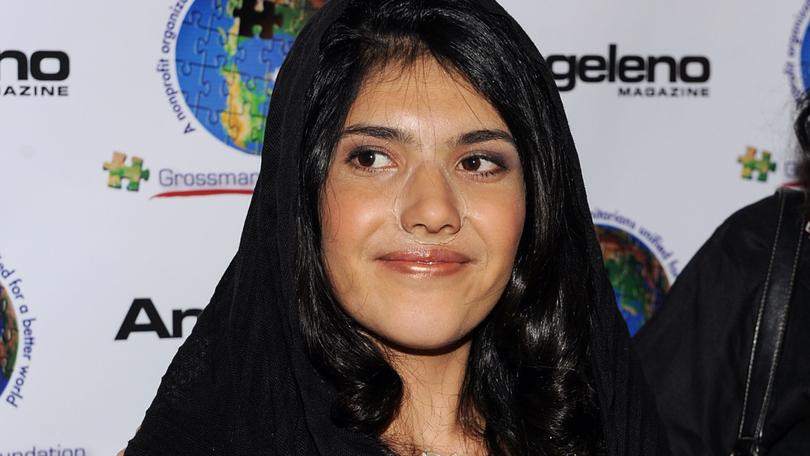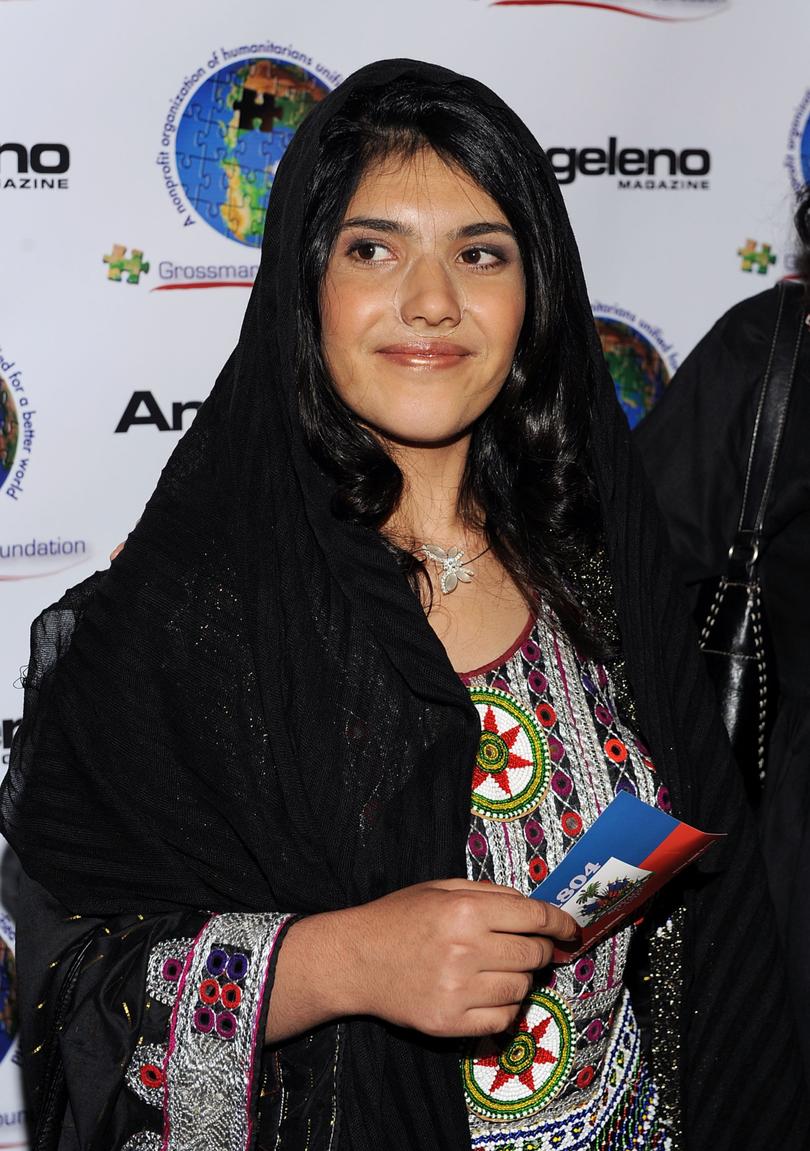ANDREW MILLER: Our wounds will heal but we should be mindful of invisible scars many carry from trauma
ANDREW MILLER: Healing can be like waiting for a plant to grow. As a middle-aged man at a crowded urinal might say, it will happen in its own time.

We need not look far for magic. My daughter noticed that the small cut on her hand had healed — this little miracle was a source of wonder for her. Busily anxious adults forget to celebrate that we recover from most physical injuries automatically.
Last week I lay stiffly on my back, and they covered my eyes with some gauze to shield them from the harsh lights and my brightly oozing blood. “Bit of a sting” the surgeon said, as a fine needle slid quietly through the skin, right between my twitching brows. Bulls-eye.
An ellipse was then painlessly cut from my nose, not to spite my face but to nip a skin cancer in the bud. Tending to the weeds of maturity, while they are manageable.
Sign up to The Nightly's newsletters.
Get the first look at the digital newspaper, curated daily stories and breaking headlines delivered to your inbox.
By continuing you agree to our Terms and Privacy Policy.I am grateful to have lived after Sigmund Freud, who in the 1880’s inspired his Viennese colleague Karl Koller to look into the use of cocaine as a local anaesthetic. Freud was an enthusiast for the coca and knew all too well that the drug could make his face numb. Koller used it for eye surgery — and the search for safer local anaesthetic drugs began in earnest.
About 5000 years before Freud, amputation of the whole nose came into vogue as a barbaric punishment — inflicted on criminals, female adulterers and vanquished warriors to effect permanent humiliation. Male adulterers? Not so much, because men made the rules. In the Hindu epic Ramayana, Princess Surpunakha had her nose cut off for being a bit forward toward a married man — well that’s what he said.
As recently as 2010, the Taliban were still amputating noses in Afghanistan — as exemplified by the infamous case of Bibi Aisha, who had tried to leave her husband. She had been given to him at fourteen years of age, in payment of some obligation. The fight for women’s freedom to control their own body and destiny continues — in Afghanistan, and throughout the allegedly civilised western world, where domestic violence and murder rates remain barbaric.

Surprisingly soon after this kind of cruelty first arose, the ingenuity of reconstructive plastic surgery responded. As long as 3500 years ago “nosemakers” were practicing in India, and 2600 years ago they were using leaf templates to fashion cheek and forehead skin flaps to rotate onto the nasal defect, forming a reasonable replica nose.
Surgical techniques have since expanded to include borrowed rib cartilage or calvarial bone, for structure, and internal nasal lining to reduce graft contraction. Whether the nose is damaged by trauma, cancer or infection, the possibility of reconstruction provides an important second chance.
This is what mindful plastic surgeon Matthew Hansen describes as the “beautiful collision” where someone with a highly specific set of skills can help a patient in need of exactly that service. The result can change a life.
None of this would be possible though without our bodies’ Wolverine-like healing powers. Doctors can move tissue around and stitch it firmly in place, but we rely on microscopic cells from there on. It’s all up to the protoplasm.
The first step is haemostasis — platelets and clotting factors are the bleeding police. Then comes inflammation, as chemicals like histamine summon white blood cells to begin mopping up. They modify the chemical soup in turn, causing the proliferation of the new epithelium, collagen and blood supply. As the scar matures, remodelling occurs, and redness settles. Amazing.
We are impatient for recovery, so our bodies provide essential discomfort to reduce our activity. Healing can be like waiting for a plant to grow. As a middle-aged man at a crowded urinal might say, it will happen in its own time.
My little cuts will heal soon enough — this princess is fine — but we should be mindful of invisible scars, the difficult emotional wounds many carry from their trauma.
Freud would hardly be surprised that we are still more skilled at fixing noses than we are the damaged psyche.
